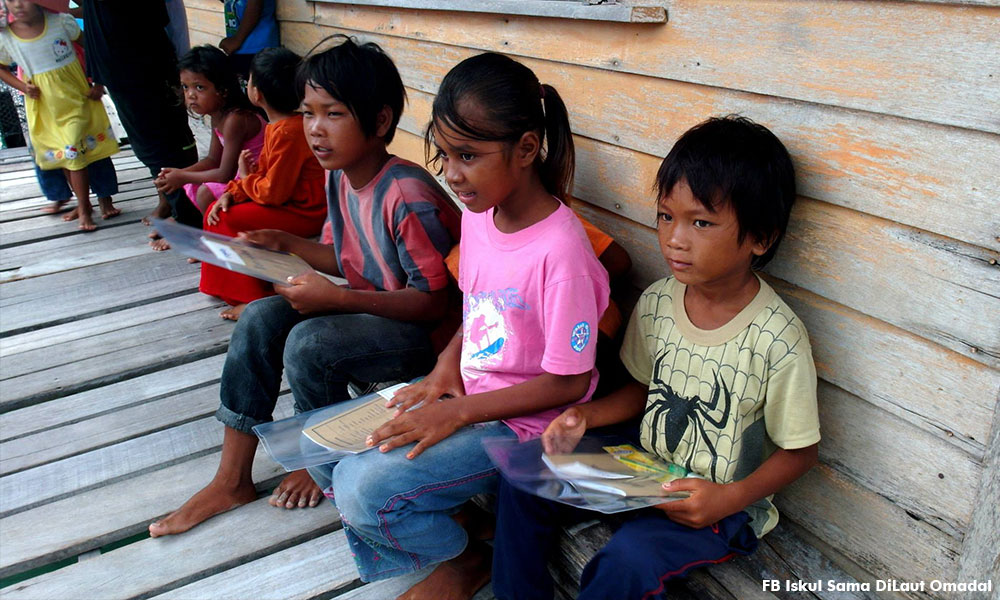Comments:
Malaysia is well heading towards a developed nation by 2020, therefore it needs to resolve several issues:
1- Stateless children (of Malaysian origin, especially in Sabah, Sarawak, and a few cases in the peninsula)
2- Stateless children (of foreign origin), and their rights to education and work.
3- "Anak Tidak Sah Taraf" or illegitimate children, and their rights to education and work, and marriage.
-----------------------------------------------------------------------------------------------------------
Source:
https://www.malaysiakini.com/news/409855
Published:
Policy on schooling for stateless children worries Suhakam
Putrajaya's decision to allow only stateless children with pending citizenship applications to enrol in public schools will deprive many, said the Human Rights Commission (Suhakam).
Suhakam chairperson Razali Ismail said this meant that stateless, undocumented and refugee children would have no access to public education and be on equal footing with other children.
"Suhakam has received and continues to receive many complaints from families of children who have been denied public education.
"Suhakam is of the view that it is unacceptable that a distinction of their right be made on the basis of their citizenship status," Razali said in a statement today.
Pointing to the United Nations Convention on the Rights of the Child (CRC), Razali said all children, regardless of their citizenship status, have a right to access free and compulsory primary education.
This was also in line with Putrajaya's commitment to the UN 2030 Agenda for Sustainable Development to not leave anyone behind.
In view of this, Suhakam urged Parliament to enact laws to ensure that all children have a right to receive public education.
